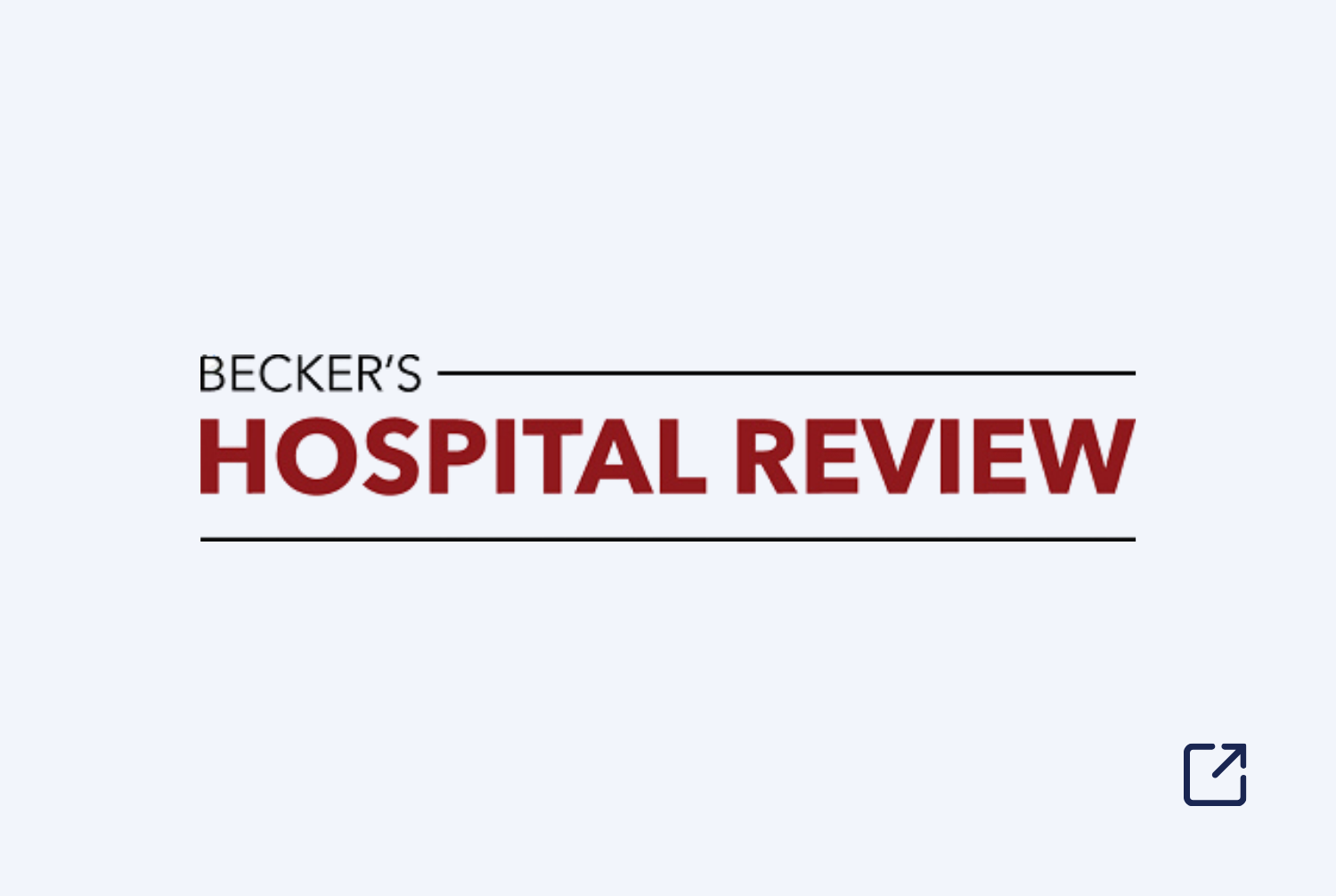An overview of the changes, trends, and newsmakers from the past month
This month’s roundup shows that the U.S. is making progress in combatting the epidemic of opioid addiction. However, too many hospitals are still plagued with dangerous central-line infections and most have a long way to go to achieve the lofty goals of population health and value-based care. And there’s an indication that Yelp and other consumer rating sites could surpass the government’s ability to rate healthcare providers on service.
Trump’s Take on Healthcare
- Incoming Trump Administration may move Medicare to a defined contribution plan. Trump campaigned on a pledge not to touch Medicare, but he and Republican congressional leaders appear to be interested in moving toward a system that would pay a fixed amount per beneficiary – in essence, a defined contribution rather than a defined benefit approach.
- Consumers fearful of the future of health insurance. While the ACA has had its flaws, the change in administrations is prompting those who have benefitted most from the ACA to fear for their future.
Fight on Opioid Epidemic
- Surgeon General’s report cites reasons for optimism in battle against substance abuse. Providers and the public seem to finally be getting the message that addiction is no different than other medical illnesses that require treatment rather than condemnation. New policies and programs are reducing the misuse of substances like alcohol and opioids and evidence-based treatments are in greater use.
- PAs and NPs can now be trained to administer buprenorphine – HHS now allows PAs and NPs to receive training, allowing them to administer this medication to those who are addicted to opioids – allowing greater access to this essential, evidence-based treatment. About time.
Hospital efficiency and service
- Some central line infection rates hold steady since 2011. A new Consumer Reports study found that a shocking number of hospitals have not reduced their central-line infection rates since 2011, including some prominent teaching hospitals.
- Want to know about service at your hospital? Try Yelp, not HCAHPS. The HCAHPS surveys of patients’ perceptions of service at their local hospital might yield less value than a site like Yelp, according to a study published in Health Affairs. The authors found that Yelp reviews could influence patient selection and provide value to providers and those making policy decisions.
- No surprise that Higher PA-to Doc ratio cuts. While the results likely won’t surprise anyone, a new study published in the Journal of Clinical Outcomes Management demonstrates that having a 1:1 ratio of physicians to PAs saved costs compared to a more conventional care model using a 9:2 ratio of docs to PAs.
- Crawling before walking. A survey of some of the best hospital IT departments found that even these IT leaders vary in their progress toward implementing population-based health approaches.
Miscellaneous Healthcare News
- Four staffing tips that can reduce turnover. Waiting until you’ve found the right new hire, allowing staff to personalize their work space, and providing small monetary and non-monetary rewards are among the tips to keeping your staff happy and productive.
- Rise in “elder orphans” prompts new focus on single seniors. With lower birth rates and marriage rates, more seniors find themselves without family they can call on to help out. The American Geriatrics Society unveiled new guidelines and the AARP Foundation and the National Association of Area Agencies on Aging are launching efforts aimed at this group.





